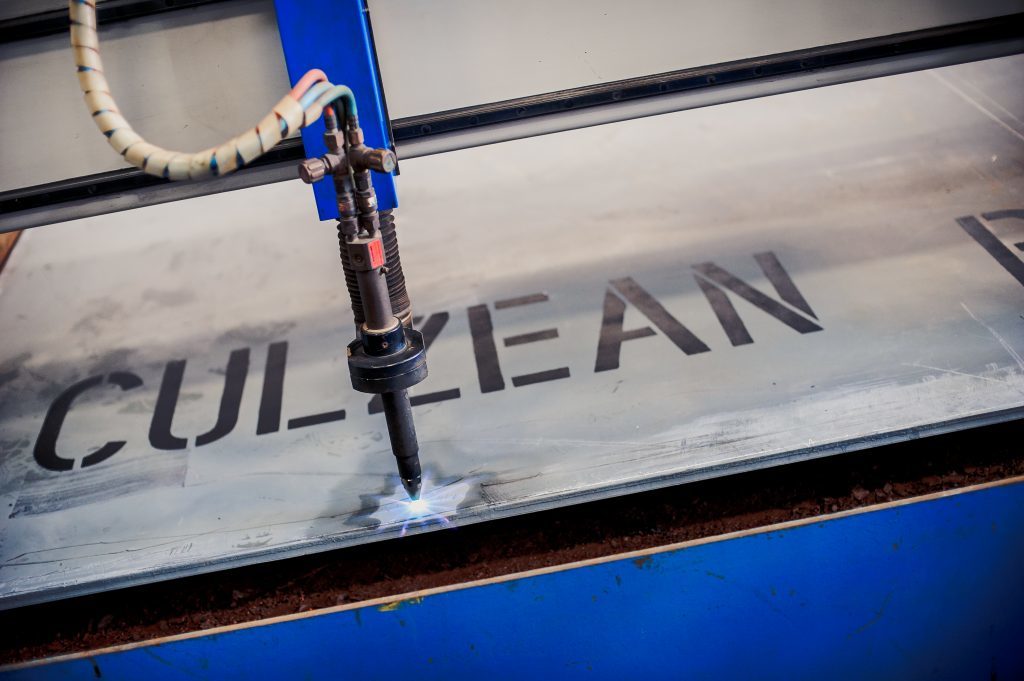
I was in London recently at the IP Week conference and found the conversations really invigorating. What a difference a few months of price stability can have to sentiment. I spoke about, and left feeling even more certain that, we shouldn’t be calling $50 oil a low-price environment.
The sustained period of over-$90 oil is an historical anomaly. So it might feel low, but this is a regular price environment.
Collectively we have achieved a great deal since 2014 to rein in cost and create opportunity for future investment in the North Sea. A return to the worst habits of the pre-price slump period will see a once in a generation opportunity to engineer a future for the North Sea missed.
It has taken hard work to change practices. It has taken meaningful and close collaboration, and it will take further bold action by companies willing to engage and engineer that future.
It’s a future well worth engineering too – The UK sector of the North Sea alone has remaining potential of around 20 billion barrels.
Adapt to thrive
If the North Sea is back in business who will the winners be?
The lower oil price exposed deep inefficiency. And tough operating conditions forced more efficient and ultimately sustainable business practices. That has meant maximising value from safe and reliable operations and world class project execution.
We know improving existing assets is the most cost effective way to boost revenues – a fraction of the costs per barrel of investing in new projects. Our technical approach in Denmark and the UK has proved maturity does not mean lack of opportunity. There is still significant value to be created for those with the right technical know-how.
Recipe for success
Companies which lock in reduced costs, improve project delivery, and manage to do it with leaner corporate operations will harvest quality earnings from the North Sea over the short to medium term.
Underpinning this is safety. You cannot achieve flawless execution of your base business if you don’t have an incident-free mindset and the right processes. With these in place, reliable operations and shutdown performance follows. It’s no coincidence. Safety makes business sense – it makes money being safe!
In 2016 Maersk Oil improved its production efficiency to almost 90%. Together with our rigorous focus on cost performance we improved profit and delivered returns on invested capital of 11.4%.
We’ve done it quickly and safely – we are proof it can be done.
Engineering the future of the North Sea
Recent cost developments make possible the sanctioning of new exploration and investment that would extend the life of the key hubs. I believe we now have a window in which we can push out the domino effect caused by early closure of assets and infrastructure.
For our part, Maersk Oil is committed to playing an important role in engineering the future of the North Sea – and we are proving it to the tune of over US$1 billion annually to 2019 to deliver our major new North Sea projects – Culzean and Johan Sverdrup.
A final thought: We need to do this together. I began with a challenge on price – I’ll sign-off with an invitation: To co-operate, collaborate and join us as we think as engineers and problem solvers together about how to unleash the potential in front of us. That way, there will be more winners than losers.
I’m optimistic. Maersk Oil loves doing business in the North Sea. We are a natural operator, consolidator and innovator in the basin. If we engineer the future of the North Sea together, then plenty of opportunity remains.
Gretchen Watkins is the CEO of Maersk Oil.
Recommended for you
